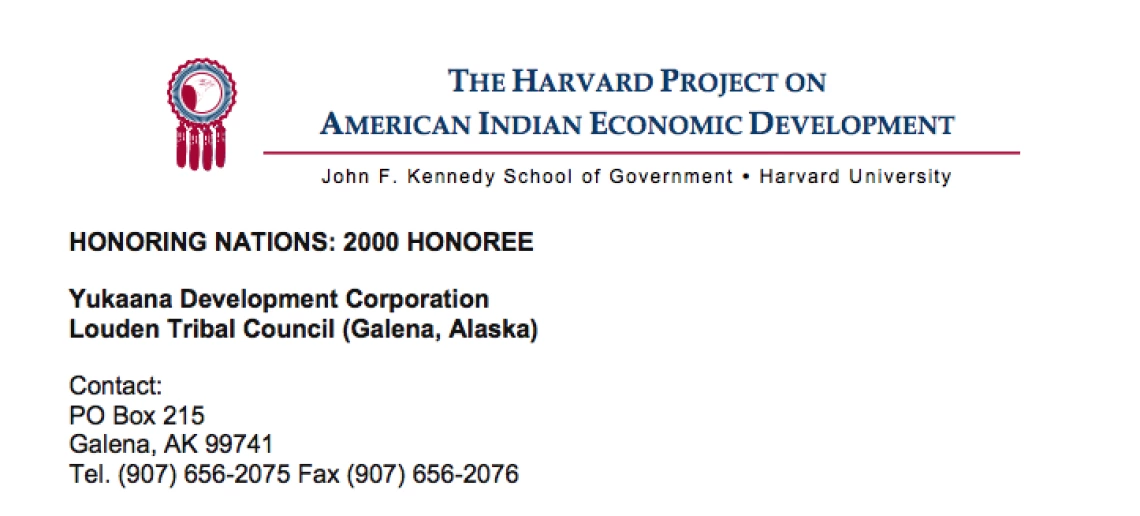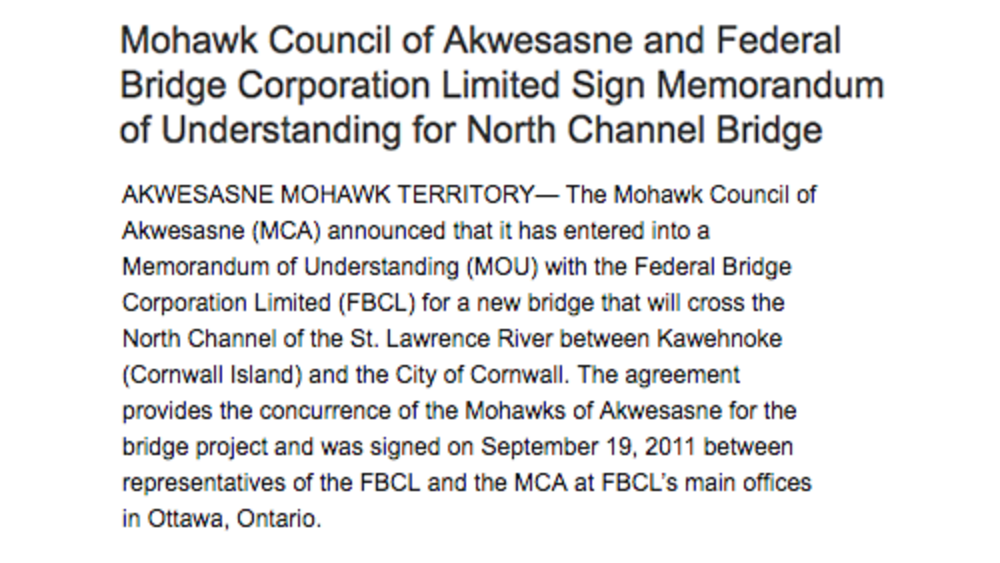The Louden Tribal Council created the Yukaana Development Corporation in 1998 to address the concerns of environmental degradation and environmental justice through training and employment. Under a contract with the US Air Force, the tribally owned Corporation cleans contamination caused by a local military base and collaborates with other agencies to train Natives in environmental remediation. Given Alaska Natives’ unique political context, assertions of tribal self-governance must be creative and have broad-ranging benefits. Within this framework, the Louden Tribal Council has been extremely resourceful in marshalling the necessary resources to fulfill its twin objectives of starting a for-profit corporation and undertaking environmental remediation on its traditional hunting and fishing lands. The Yukaana Development Corporation is both improving the environment and creating new job opportunities in this rural area of the Alaska interior.
Additional Information
"Yukaana Development Corporation (Louden Tribal Council)." Honoring Nations: 2000 Honoree. The Harvard Project on American Indian Economic Development, John F. Kennedy School of Government, Harvard University. Cambridge, Massachusetts. 2001. Case Study.



